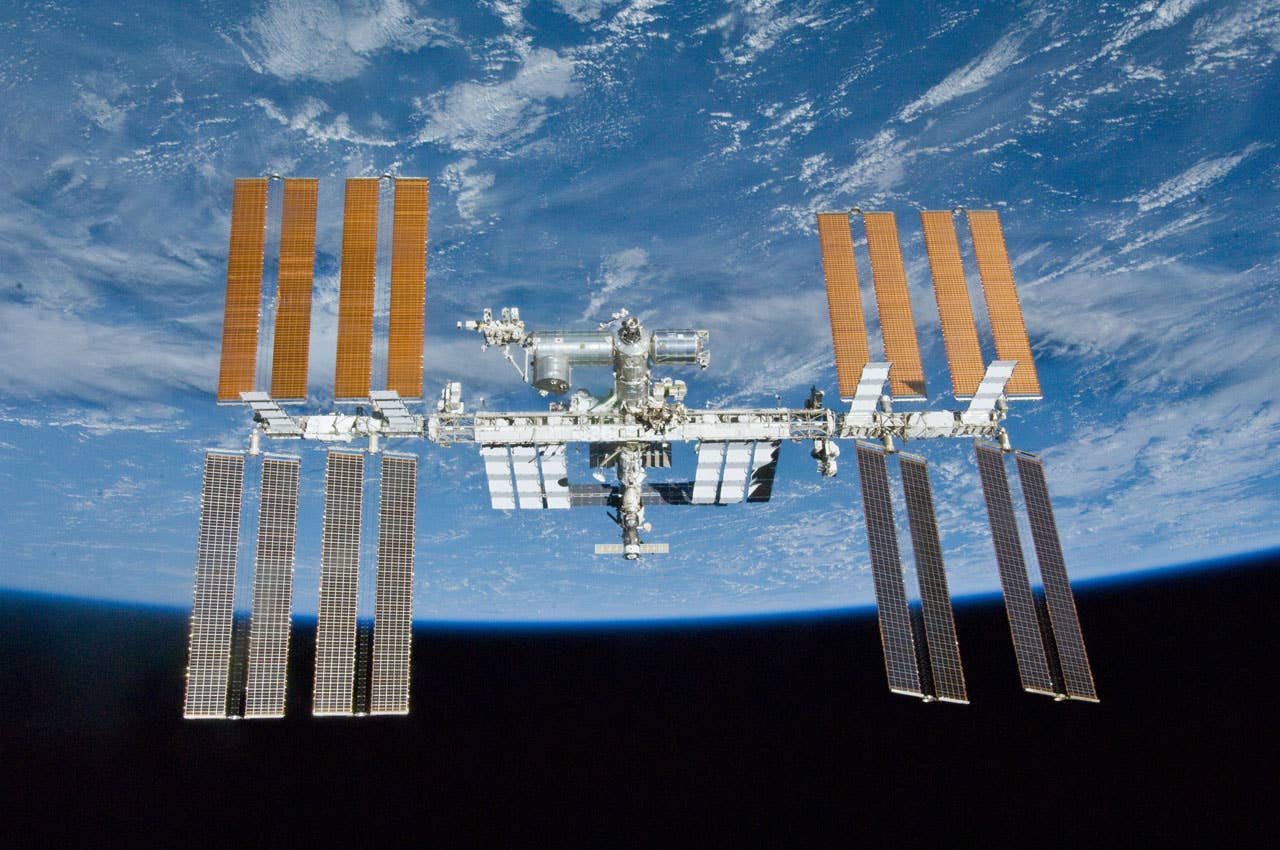International Space Station Gets Six More Years of Operations
The Biden administration has extended International Space Station (ISS) operations until 2030.

Astronauts first began living on the International Space Station on Nov. 2, 2000.
The Biden administration has extended International Space Station (ISS) operations until 2030—giving it an additional six years before its scheduled retirement.
NASA Administrator Bill Nelson said in a statement late Friday that the commitment was made to work with the European, Japanese, Canadian, and Russian space agencies to “enable continuation of the groundbreaking research being conducted in this unique orbiting laboratory through the rest of the decade.”
Construction in orbit on the ISS began in 1998, symbolizing the cooperation between international partners to ensure consistent scientific exploration and experimentation in space.
“The International Space Station is a beacon of peaceful international scientific collaboration and for more than 20 years has returned enormous scientific, educational, and technological developments to benefit humanity,” Nelson said. “I’m pleased that the Biden-Harris Administration has committed to continuing station operations through 2030.” Nelson said.
This is the second new lease on life for the orbiting outpost. Initially, the ISS was scheduled to be retired in 2015, but operations were later extended until late 2024.
“The United States’ continued participation on the ISS will enhance innovation and competitiveness, as well as advance the research and technology necessary to send the first woman and first person of color to the moon under NASA’s Artemis program and pave the way for sending the first humans to Mars,” he said.
“As more and more nations are active in space, it’s more important than ever that the United States continues to lead the world in growing international alliances and modeling rules and norms for the peaceful and responsible use of space.”
Over the past 20 years, the ISS has been home to over 3,000 research projects. The station has provided the United States with a destination for constant human presence in space.
According to NASA, the extension of ISS operations will “continue another productive decade of research advancement and enable a seamless transition of capabilities in low-Earth orbit to one or more commercially owned and operated destinations in the late 2020s.”
A report last year by NASA’s Office of Inspector General says the structural life of the U.S. segment of ISS has been certified until 2028 and the Russian segment until 2024. “Continued station operation requires costly maintenance and system upgrades,” the report said.
The Next Space Station
While the ISS is projected to retire in 2030, its successor has already been chosen. Last month, NASA picked Blue Origin and Sierra Space to design a commercially-owned space station in low-Earth orbit (LEO).
The station, Orbital Reef, is planned to be a “mixed-use business park” that would host opportunities for smaller countries and organizations.
“In addition to meeting the ISS partners’ needs, the Orbital Reef mixed-use space business park will offer reduced costs and complexity, turnkey services, and inspiring space architecture to support any business,” Brent Sherwood, senior vice president of advanced development programs for Blue Origin, said in a statement when the announcement was made. “No one knows how commercial LEO markets will develop, but we intend to find out.”

Subscribe to Our Newsletter
Get the latest FLYING stories delivered directly to your inbox






